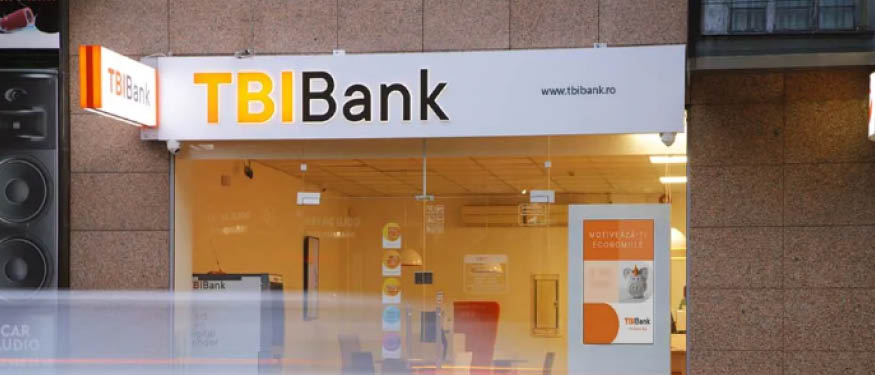On 13 May 2025, the Hungarian Government submitted a bill to the Parliament on the amendment of several laws governing the justice system. The proposal could bring significant changes to civil litigation.
Crypto: Time Running Out To Apply for MiCA Licence!
By 31 July 2025, all entities that were authorised to provide crypto-asset-related services (so-called VASPs) before 30 December 2024 must apply for authorisation as a Crypto-Asset Service Provider (CASP) under the MiCA Regulation.
Tuca Zbarcea & Asociatii Secures Victory for Silcotub in Electricity Pricing Case
Tuca Zbarcea & Asociatii has successfully represented Silcotub in a dispute resulting in a final ruling from Romania’s High Court of Cassation and Justice requiring an energy supplier to recalculate the electricity price invoiced to Silcotub.
Mugurel Tataru Joins Stratulat Albulescu as Counsel and Co-Head of Dispute Resolution Group
Former Serban & Associates Partner Mugurel Tataru has joined Stratulat Albulescu as Counsel and Co-Head of the firm's Dispute Resolution Group.
Jasinski Successful for TF Bank in Consumer Credit Disclosure Compliance Case
Jasinski has successfully represented TF Bank in a case resulting in a final and binding court judgment confirming the bank’s full compliance with information disclosure obligations under the Polish Consumer Credit Act.
New Legal Framework for the Protection of Collective Consumer Interests
The Ministry of Economic Development has conducted a public consultation on the draft Law on Class Actions. The primary reason for adopting a special law which regulates matters related to the collective protection of consumers is, above all, the harmonization of Montenegrin legislation with EU law, specifically with Directive (EU) 2020/1828 on representative actions for the protection of the collective interests of consumers and repealing Directive 2009/22/EC. The goal is to prevent and sanction mass violations of consumer rights by traders in the market, while also ensuring fair compensation for harmed consumers. In this text, we briefly present the most important amendments and innovations introduced by the draft Law on Class Actions.
Pohla & Hallmagi Successfully Represents Rein Valk and Luite Arendus Before Supreme Court
Pohla & Hallmagi has successfully represented Rein Valk and Luite Arendus OU before the Civil Chamber of the Supreme Court of Estonia against Harju Infra OU in a case concerning limitation periods applicable to claims between companies and shareholders.






















